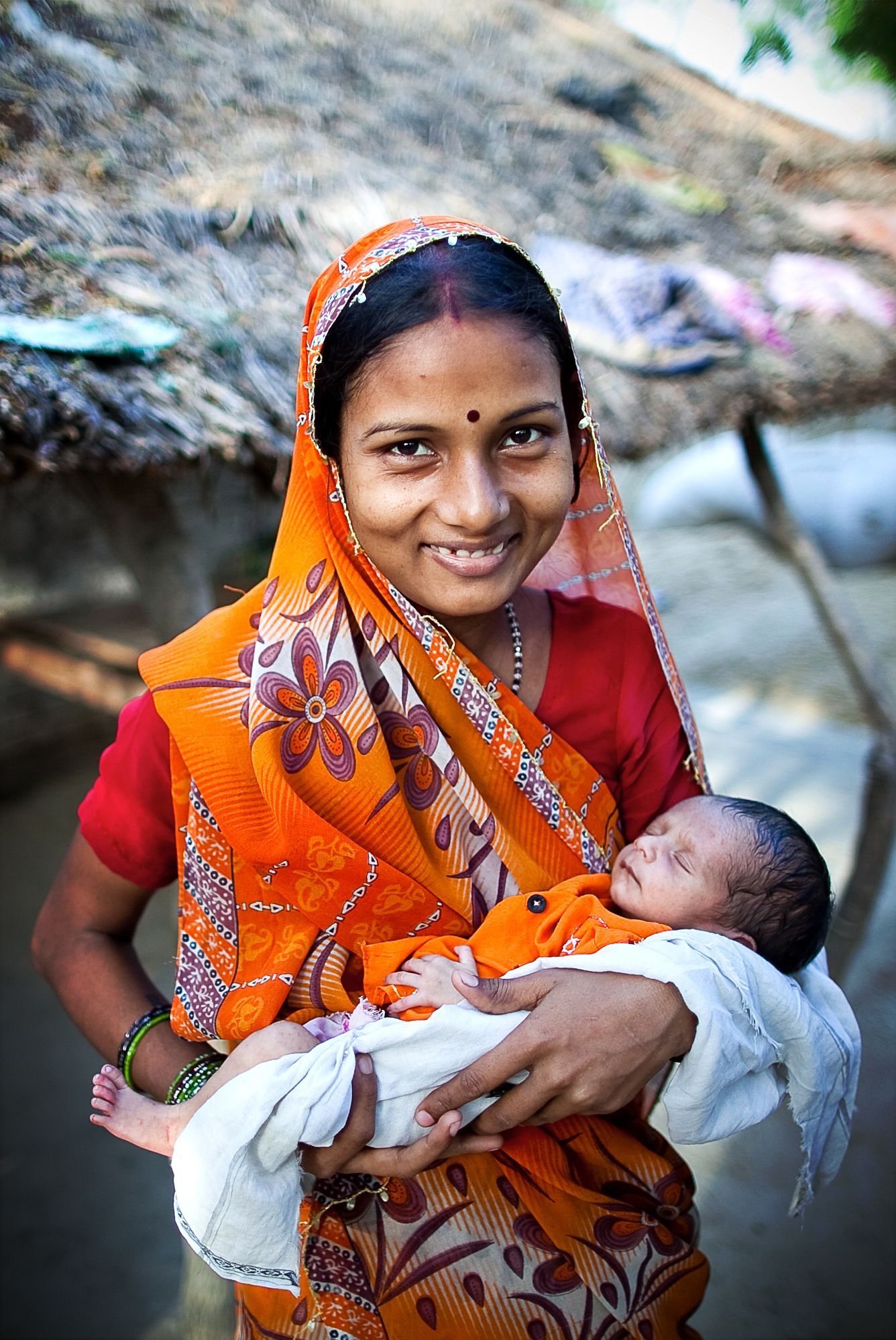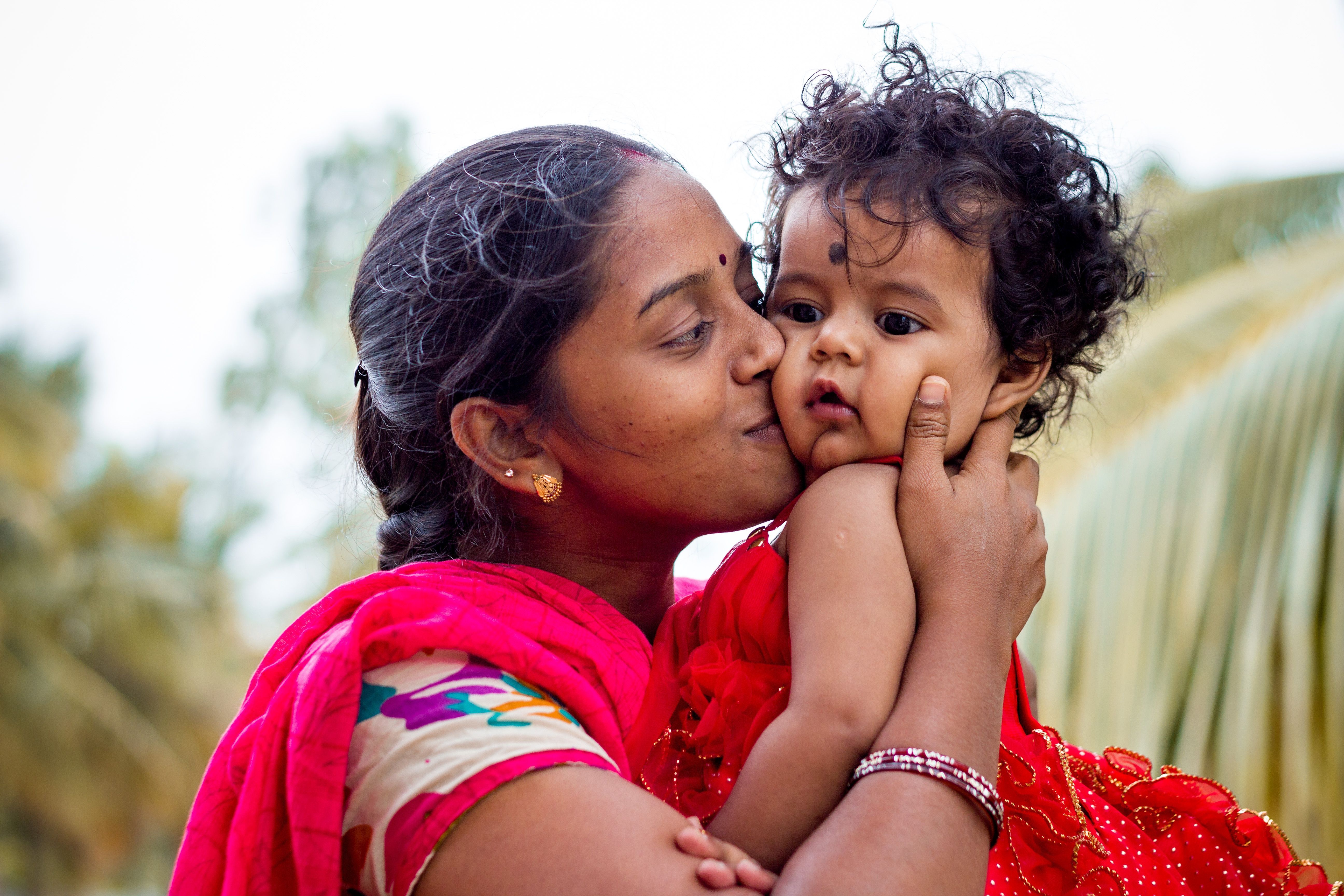Moms in Indian culture hold a unique and revered position, embodying a blend of love, strength, and sacrifice that is deeply ingrained in the fabric of society. They are often seen as the backbone of families, managing households, nurturing children, and maintaining cultural traditions. The role of a mom in Indian families extends beyond mere caregiving; it encompasses the preservation of values, the transmission of cultural heritage, and the emotional well-being of every family member.
In India, motherhood is celebrated through various festivals, rituals, and societal norms. From the moment a child is born, a mother’s influence shapes their identity and future. The unconditional love that a mom in Indian culture provides is often depicted in stories, films, and art, highlighting the depth of this relationship. This article explores the multifaceted roles of Indian mothers, their contributions to society, and the challenges they face in a rapidly changing world.
The journey of motherhood in India is not just a personal experience but a cultural phenomenon that deserves recognition. As we delve deeper into this topic, we will address common questions surrounding the roles, challenges, and the evolving nature of being a mom in Indian society.
Who is the Role Model Mom in Indian Society?
In Indian society, the figure of a mother is often idolized. Many mothers are seen as role models for their children, demonstrating resilience, hard work, and compassion. For instance, mothers like Indira Gandhi, who balanced a demanding political career with motherhood, have inspired countless women. The ability of these mothers to navigate their roles successfully influences how younger generations perceive motherhood.
What Are the Attributes of a Mom in Indian Culture?
Moms in Indian culture are characterized by several key attributes that make them unique:
- Unconditional Love: They offer emotional support and care, ensuring their children feel loved and valued.
- Strength and Resilience: Indian mothers often face societal pressures but remain steadfast in their responsibilities.
- Wisdom and Guidance: They provide life lessons and cultural teachings that shape their children's values.
- Multi-tasking Ability: Managing a household, career, and personal life simultaneously showcases their incredible organizational skills.
How Do Moms in Indian Families Contribute to Cultural Preservation?
One of the most significant roles of a mom in Indian families is preserving and passing down cultural traditions. They teach their children about festivals, rituals, and family values that have been handed down through generations. This cultural education helps maintain a sense of identity and belonging in an increasingly globalized world.
What Challenges Do Moms in Indian Society Face?
Despite their strengths, moms in Indian society encounter various challenges:
- Societal Expectations: There is often pressure to conform to traditional roles, which can be limiting.
- Work-Life Balance: Many mothers struggle to juggle their careers and family responsibilities.
- Gender Disparities: Issues of gender inequality can affect their opportunities and rights.
- Health Concerns: The well-being of mothers is sometimes overlooked in the face of family needs.
What Keeps Moms in Indian Culture Motivated?
Despite the challenges, moms in Indian culture find motivation from various sources:
- Supportive Family Structures: The extended family often plays a crucial role in providing support.
- Community Networks: Mothers often engage with community groups that offer emotional and social backing.
- Personal Fulfillment: Many moms find joy in their children’s achievements and the love they receive.
- Empowerment Movements: The rise of women’s empowerment initiatives has encouraged mothers to pursue their dreams.
How is the Concept of Motherhood Evolving in India?
The concept of motherhood in India is undergoing a significant transformation. With increasing awareness of gender equality and women’s rights, many moms are stepping into roles that were traditionally reserved for men. This shift is not only empowering women but also redefining family dynamics across the country.
What is the Future of Moms in Indian Society?
The future of moms in Indian society looks promising. As more women pursue education and careers, the traditional image of a mother is evolving. This evolution is fostering a new generation of empowered women who are breaking stereotypes and contributing to society in various ways. The upcoming generations will likely embrace a more balanced view of motherhood that values both personal ambition and familial responsibilities.
Conclusion: Honoring the Mom in Indian Culture
In conclusion, the role of a mom in Indian culture is one of immense significance. They are the pillars of their families, embodying love, strength, and resilience. As society progresses, acknowledging and supporting the diverse roles that mothers play will be essential in fostering a more inclusive and balanced world. Celebrating the essence of motherhood in India not only honors their contributions but also paves the way for future generations of empowered women who can embrace both tradition and modernity.
| Personal Details | Bio Data |
|---|---|
| Name | Priya Sharma |
| Age | 40 |
| Occupation | Teacher |
| Location | Mumbai, India |
| Children | 2 |
Rodgers Injury: A Closer Look At Its Impact On Football
Nagatoro Manga: A Journey Through The Witty Dynamics Of High School Life
Nandamuri Taraka Rama Rao's Sons: A Legacy Of Leadership And Cinema


